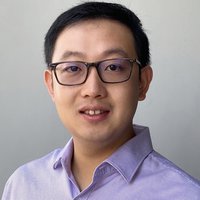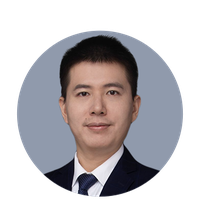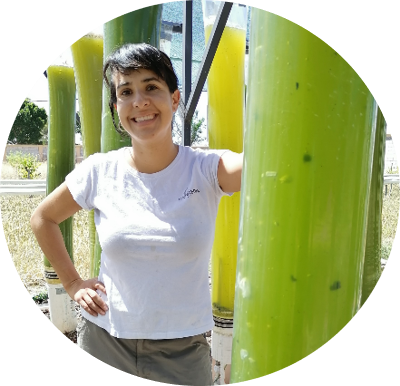Agricultural pollutants are a serious threat to the planet's water resources. Water pollution caused by agriculture affects billions of people and generates annual costs amounting to billions of dollars, the FAO denounces. Nitrates from agricultural activity are the most common chemical pollutant in underground aquifers.
Faced with this serious environmental and public health problem, young Mexican engineer Marissa Cuevas decided to turn to nature to find a solution. Her answer was to use microalgae capable of absorbing excess nitrogen and phosphorus caused by agricultural activity through her start-up, microTerra. For this commitment to the circular economy and sustainability, Cuevas has been chosen as one of the winners of MIT Technology Review in Spanish's Innovators Under 35 Latin America 2020 in Spanish.
By feeding on these water pollutants, the microalgae grows and becomes a source of protein that can be used as animal feed. At the same time, it sequesters carbon dioxide from the air. In this way, it reduces water pollution while helping to alleviate the climate emergency. MicroTerra "turns a pollutant into a resource," sums up its creator.
Cuevas grows microalgae cheaply and makes it available to fish farmers to turn it into a low-cost food source for farmed fish. "We were the first to use microalgae to clean aquaculture waste to make a closed cycle that cleans the water and transforms fish feces into protein," she says. As such, microTerra helps fish farmers become self-sufficient and more sustainable while turning a problem into a solution.
MicroTerra is testing new circular economy systems that reduce water pollution and sequester carbon while generating fish feed at several aquaculture farms. Through this initiative, Cuevas hopes to significantly reduce the environmental impact of food production.
Lorena Pedraza, a professor from the Department of Chemical Sciences and Engineering at the Universidad Iberoamericana de México and member of the Innovators under 35 Latin America 2020 jury, highlights "the high impact" of Cuevas' initiative due to its use of "waste that is potentially harmful to the environment to produce valuable compounds." The expert believes that microTerra "has an impact on agricultural communities, the health of rivers and oceans, and proposes a new production model."




